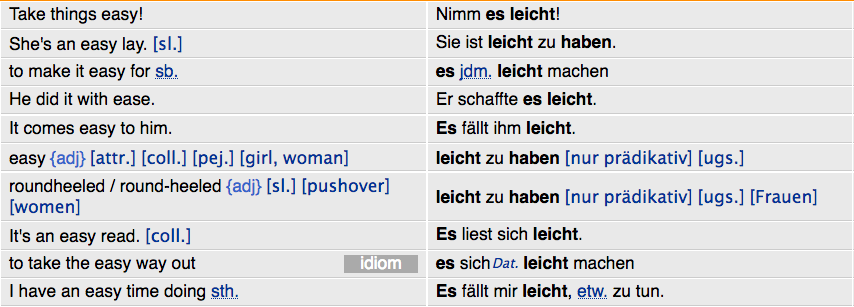Bless you, native English speaker. Your life is so easy. You don’t have to decide, reason, argue, or fight about many things other languages have to reason, argue, and fight about or for. No diacritics, no accents (unless creätively imported by intellectual pedants), no problems properly composing or displaying your language’s letters and glyphs on paper or screen. No inner struggle whether to duz or siez someone (informally or formally saying “you”, which implies complex conjugation, different grammar and spelling), nor whether you are in the right position or have the right age “to offer someone the Du” (to offer that from now on they can address you informally, usually sealed with a handshake or a kiss) and, oh yeh, how to address students?!
You do not have to heatedly debate on a national level and in national periodicals which version of gender-specific words should be used if they have male and female versions or which artificial compound neologism could be introduced now to solve the eternal debate of Kanzler oder Kanzlerin or KanzlerIn or Kanzler*in or Kanzler_in or Kanzler/-in. Du hast es leicht, you have it light … (WTF online-dictionary!)

This is me whining about German. What is weird in your language that other languages don’t have to worry about?

One of my biggest pet peeves about English is the lack of good alternatives to “guys” as in “hey, guys.” Hey, everyone? Hey, folks? Hey, y’all? Hey, people? Not the same casual-but-encompassing, at least to my ear, anyway.
Absolutely. It’s hard to get used to for someone non-native that you don’t have a plural-you.
If I may suggest another missing word: something for Schrift 🙂
Type isn’t the same. Not all letters are type, handwriting or lettering isn’t. (While on the other hand, the Germans are missing a good word for lettering.)
Ha!
I do feel for you and I do feel jealous of some words we just don’t have in English because we modify nouns mostly, rather than making a new compound word.
In Dutch, some verbs can end in a D, a T or a DT. They all _sound_ the same, but grammatically they mean something different. Some are present tense, some past tense, or are for a different person or single/multiple.
It’s “een groen badpak” (a green swim suit”, but “een groene tak” (a green branch). But, it’s “het groene badpak” (the green swim suit) and “de groene tak” (the green branch). The adjective loses its “e” when used with “een” of and only if it’s used with “het”.